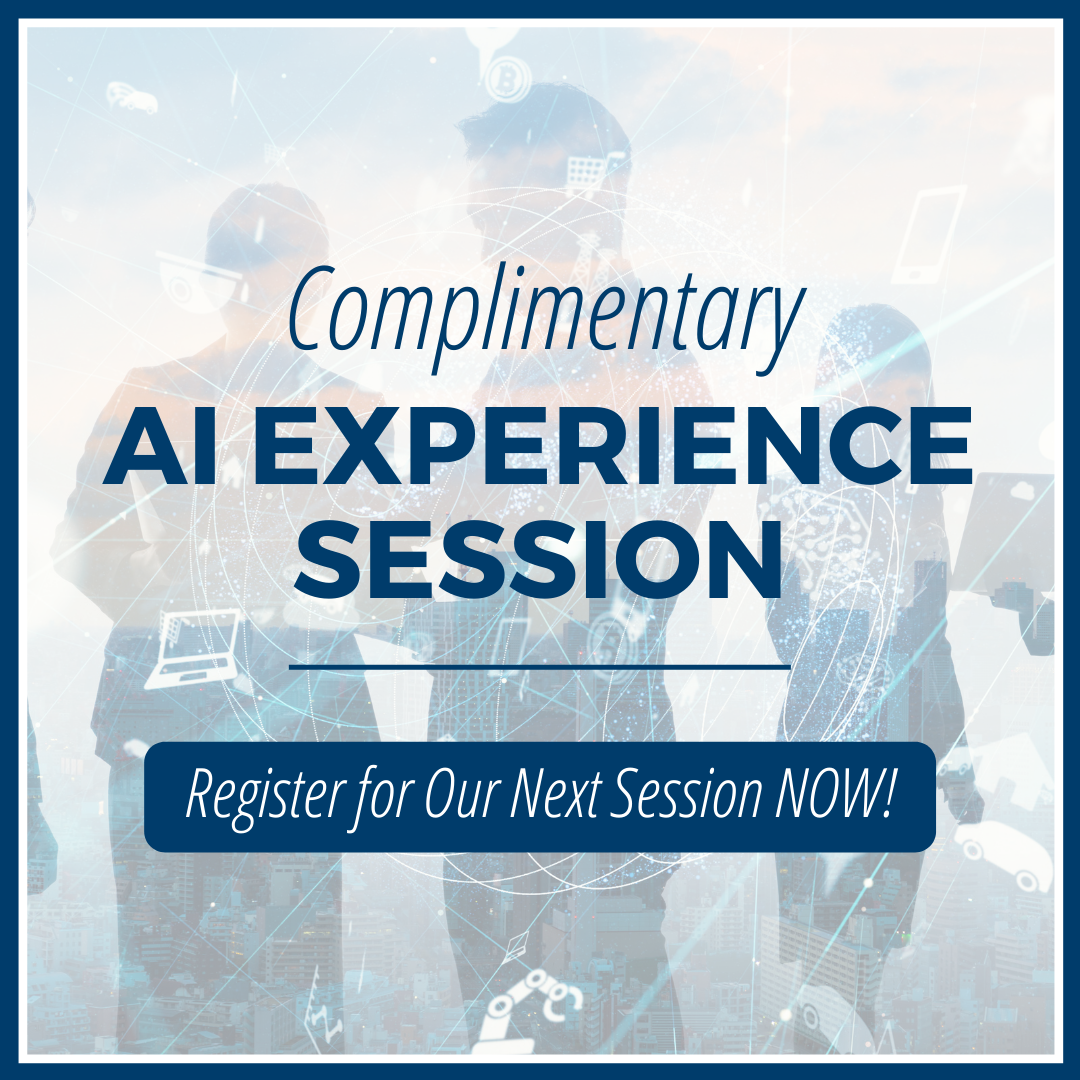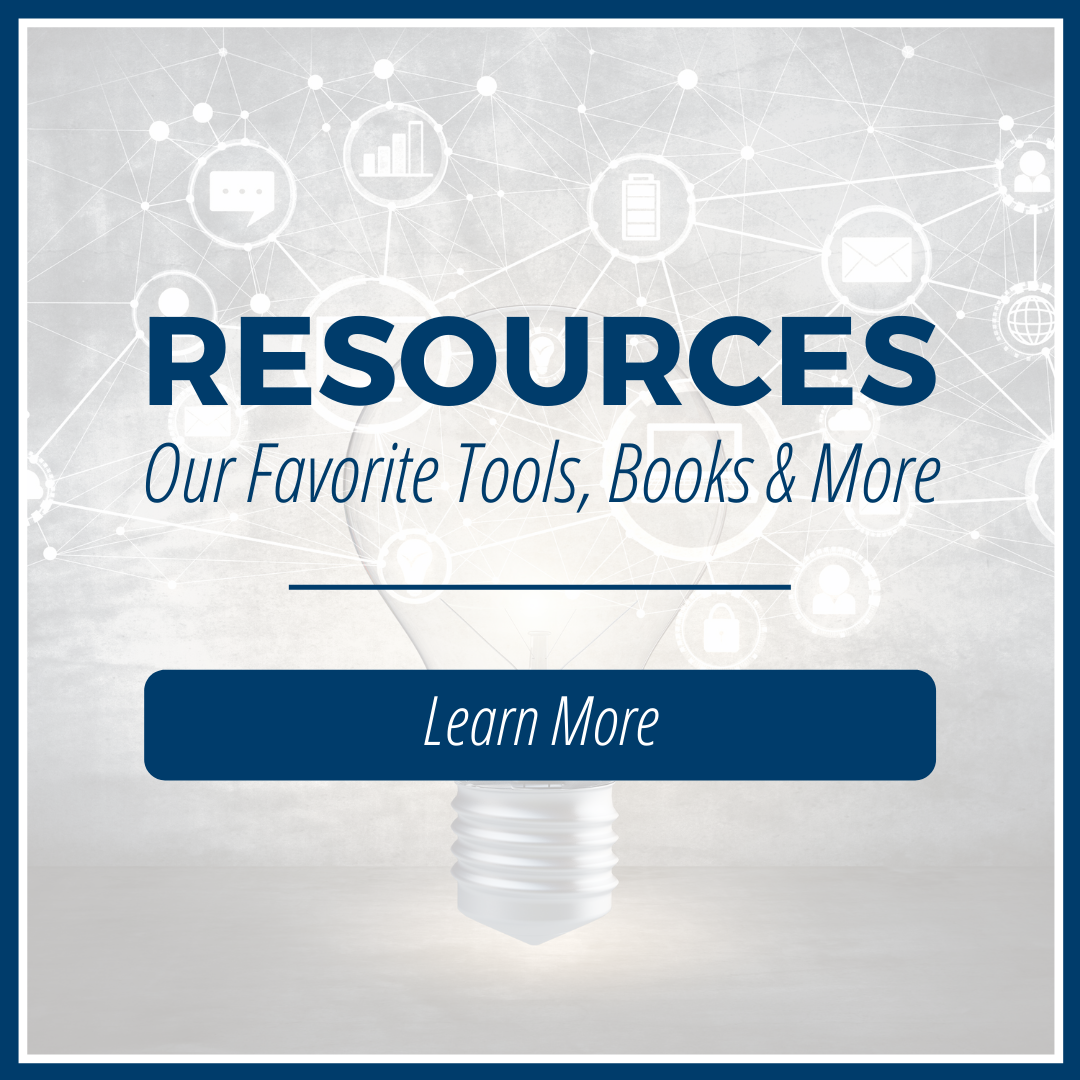AI and Coaching

“The practice of coaching continues to evolve as a developmental strategy to support leaders and their teams in ever changing business conditions. Artificial Intelligence may be a tool to complement one’s practice and draw insights into the effectiveness of coaching efforts across a large group. Learn about an innovative use of AI in coaching and how we can enhance our coaching work for the benefit of the leaders and the enterprise.”
(from Insights by the Conference Board: “Leveraging artificial intelligence in your coaching practice.”)
In his podcast, Kevin Murray, lead of sales coaching for AstraZeneca Pharmaceuticals, explains how the use of AI enhances effective sales coaching through the capture of pattern recognition from the field forms of its sales teams. It was found that the drivers of performance stemmed from the six performance criteria that AI discovered, namely focus, balance, alignment, specificity, immediacy, and continuity in the performance of coaches. These rubrics provide the dashboard for managers to coach their sales teams. AI offers coaches the freedom to focus on what is important.
Understanding that AI uses data to find patterns, an alert coach collects important data throughout multiple coaching sessions to discover patterns in the client’s story. This mini-data collection is extremely vital in the coaching process. As pattern recognition shapes the various dimensions of the purpose and goals of coaching, the coach organizes the patterns through conversational connections that link the mini-data collection into an ever growing mosaic of the client’s search for meaning.

One of the ingredients of AI coaching is the power of observation on the part of the coach. This provides the data collection throughout the coaching process. As the client’s story unfolds, the coach is observing the progressive building of patterns; these are the details of the client’s account in the form hesitations, starts-and-stops, reflective pauses, and especially the emotional interjections that are interspersed in the flow of personal thoughts and feelings. The coach’s observations are keenly in tune with the client’s cadent narrative.
As in the world around us, so is the world of the client characterized by the ambiguity of his environment. This is the setting of the coaching milieu, in which the coach is attentive in alert observation to the client’s patterns of response to his challenges in the course of continued conversations. Coaching is the art of discovering patterns in the apparent volatility and uncertainty of the client’s history.
In our modern climate of seemingly unpredictable change in industry, one of the primary fears of the invasion of artificial intelligence in business today is possible tenuous job security that AI purportedly triggers. This is an arena of valuable coaching to walk with a frightened employee. Loss of employment is comparable to the loss of a spouse, leaving the survivor lonely and isolated.
The sensitive coach is especially empathetic rather than sympathetic in listening to the client’s fear of possible loss. Skillful coaching can lead the employee through the confusion of uncertainty to trust, beginning with a search for the client’s inner strengths and sense of purpose. The coach reviews the client’s history of dealing with past failures and successes. Using these data, the coach uses these patterns to predict future renewed initiatives and resilience.
In the industry of artificial intelligence, there is an important humanizing factor that upticks human endeavor. AI facilitates the vital tool of pattern recognition that assists a coach or supervisor or manager to quickly capture the essence of a question or challenge in the pursuit of an answer or solution. AI is the human-centered collaborator in high performance activity. Kevin Murray believes that AI can enhance the quality of coaching.

AI is intrinsically tied to coaching. It is the partnership of the trust of the relationship between coach and client. AI in coaching is the tool the coach uses to collect the data of the coaching sessions to pinpoint the client’s patterns of behavior and thought. The coach cannot afford to miss the patterns sketched by the client’s narrative. Every detail of the coaching conversation provides the data necessary for the coach to observe the patterns that the client might not have the conscious awareness to perceive.
As Kevin Murray used AI to gather data from the recorded activities of the sales personnel, so, too, a coach in other situations might have access to recorded activities of his client if coaching included work related behavior impacting challenges embedded in coaching sessions as with Murray’s sales team. There is no doubt that Murray’s six performance criteria could serve a coach in any coaching relationship. Focus, balance, alignment, specificity, immediacy, and continuity in the performance are relevant across invariable circumstances.
Once the coach has collected sufficient evidence of repeated patterns expressed throughout the client’s story, the coach then shares the findings through gentle and diplomatic feedback in the form questions such as “Does it seem that …?” or “Apparently there is an area we might address at this point…”, or “How might we…?”
As the coach reveals the client’s patterns of behavior or thinking or feeling, the client likewise grasps an understanding of obstacles that were holding him/her back or sabotaging growth and development. Call it artificial intelligence or pattern recognition, data collection during the coaching process is of the essence of professional and artful coaching. The coach’s data collection is the mini-AI that makes his coaching more engaging to increase self-awareness for the client and be more effective in his coaching efforts. AI does have a promising future in coaching to cut through complex business conditions.

Suggesting the use of AI in coaching is not promoting artificial intelligence as a coaching replacement. Nothing will replace the invaluable role of a personal coach who establishes an understanding and compassionate relationship with the client to provide emotional support. This relationship is a foundational unconditional positive regard (to quote Carl Rogers) that an “intelligent machine” is unable to furnish.
The point is that a genuine coach will use basic AI techniques of data collection and pattern findings to guide the client through the vital search for resolutions to the challenges in question. AI can be and is an important approach to coaching.



